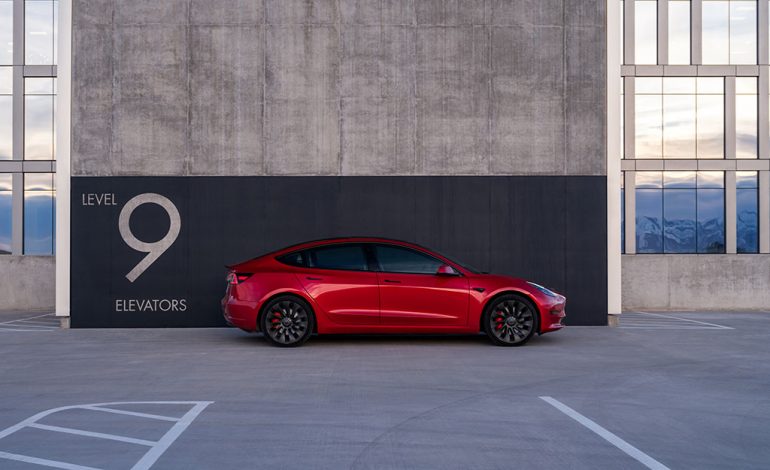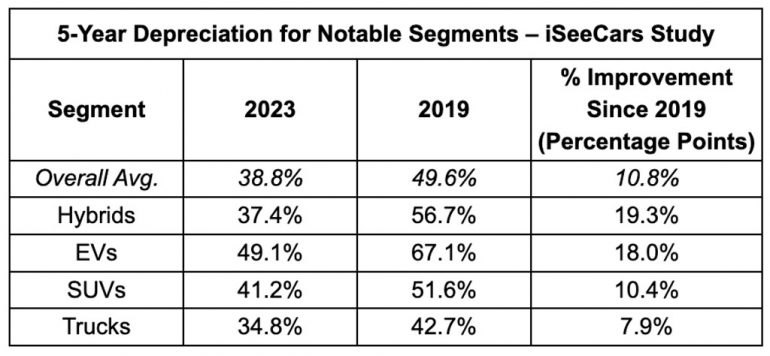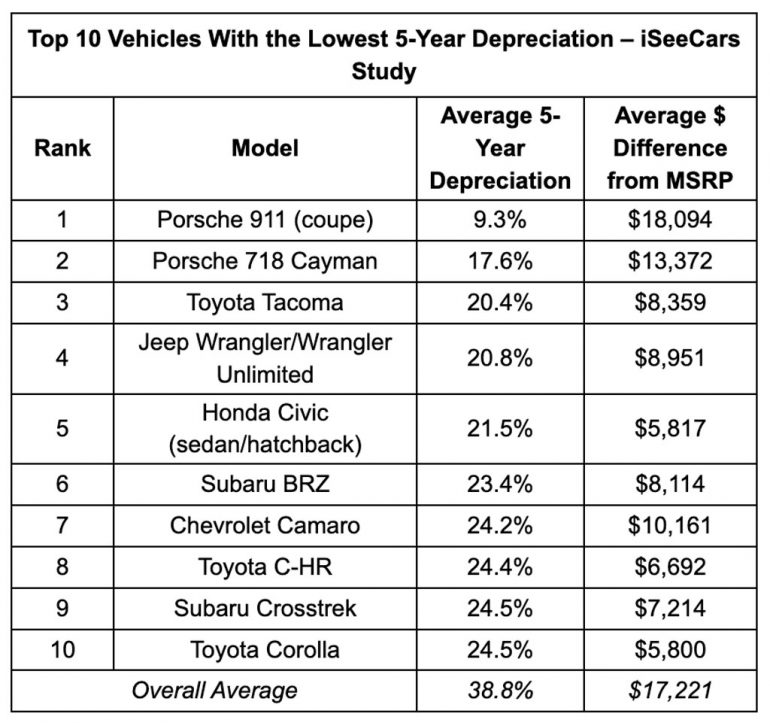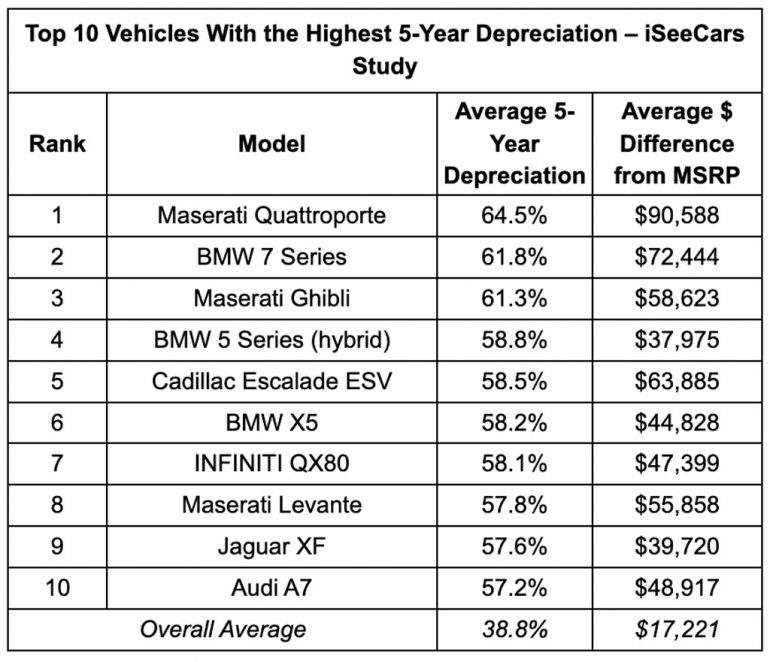
A recent study conducted by iSeeCars in the United States has revealed that electric vehicles (EVs) experience higher depreciation than internal combustion engine (ICE) cars and hybrids after five years of ownership. This finding may raise concerns among potential consumers considering the switch to electric mobility. The study identifies factors such as substantial incentives and the costs associated with battery replacement as contributors to the increased depreciation of EVs compared to their gasoline counterparts.
According to the study, the average depreciation of EVs after five years stands at 49.1%, surpassing the depreciation rates of SUVs and hybrids, which are recorded at 41.2% and 37.4%, respectively. This adds to the existing concerns and challenges associated with owning an EV in the current automotive landscape. Among the EVs examined in the study, the Tesla Model S emerges as the most depreciating model, experiencing an average loss of 55.5% of its value over five years. In contrast, the Tesla Model 3, a smaller sedan, exhibits the lowest depreciation among EVs, with an average loss of 42.9%.
Also, don’t forget that you can get discounted new car pricing with a free quote through qualified local dealer partners.

The study’s limited scope includes five models: Tesla Model 3, Tesla Model X, Nissan Leaf, Chevrolet Bolt EV, and Tesla Model S, aligning with the duration of the five-year study. The findings suggest that the rapid development of technologies in the EV sector, such as the solid-state battery championed by brands like Toyota, could potentially lead to even higher depreciation in the coming years. Solid-state batteries are anticipated to enhance EVs’ range and charging times, surpassing the capabilities of most current electric models.
These are the cars with the lowest and highest loss in value after five years:


This research underscores a shift in perception regarding the long-term desirability of EVs, as the study implies that these vehicles become less appealing to consumers after five years of ownership. Another study referenced in the report suggests that electric cars only outperform gasoline cars in terms of emissions when driven more than 50,000 miles. This raises concerns about the resale market for used EVs, potentially leading to an increase in emissions from vehicles that are no longer as sought after.
While there are acknowledged benefits to driving an EV, such as environmental friendliness and reduced reliance on fossil fuels, the study emphasizes the importance of informed decision-making when purchasing an electric vehicle, especially considering the increasing cost of EVs. In contrast to EVs, the study also highlights the depreciation rates of traditional cars, with the Porsche 911 boasting the lowest depreciation after five years of ownership at 9.3%. This information provides consumers with a comprehensive view of the automotive landscape, enabling them to weigh the advantages and disadvantages before making a purchase decision in a rapidly evolving market.